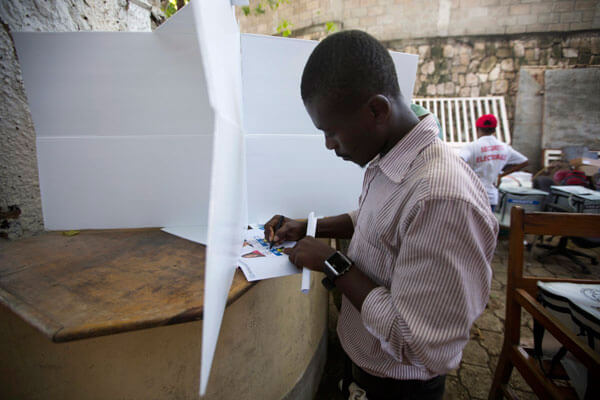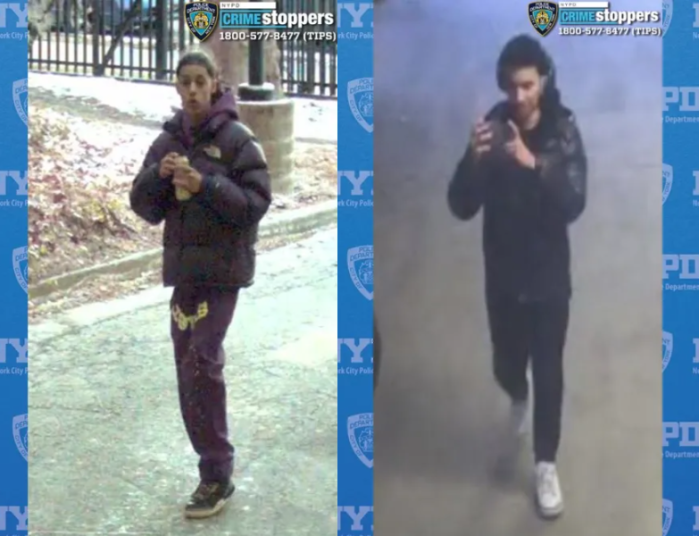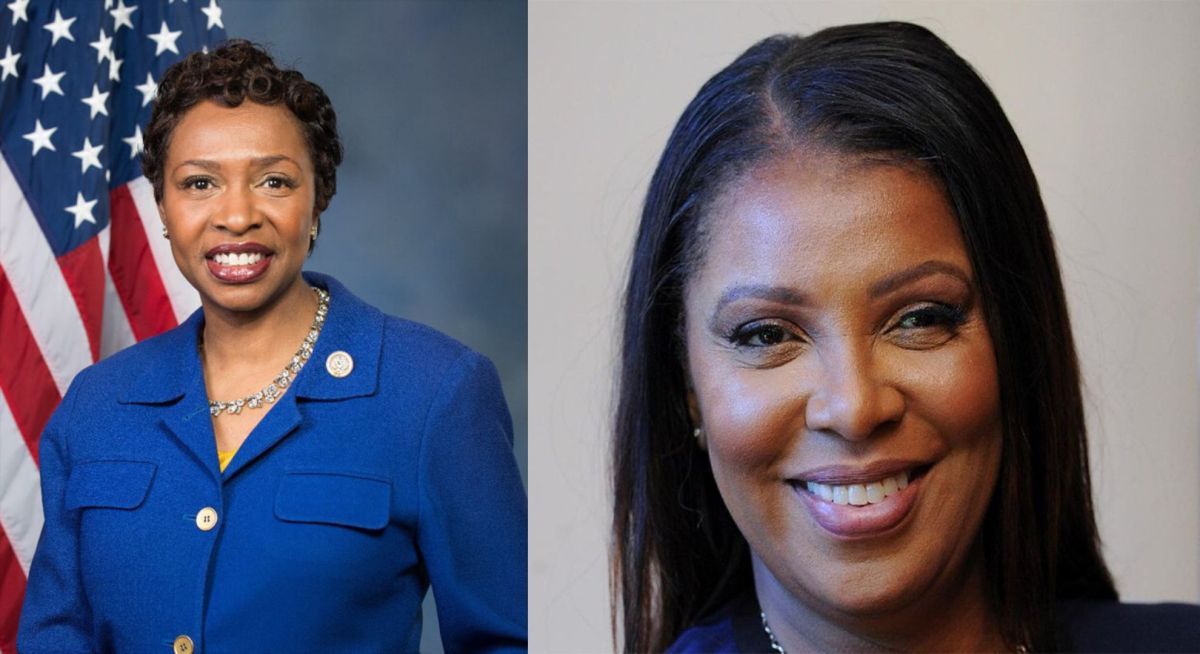PORT-AU-PRINCE, Haiti (AP) _ Haitian voters faced a ballot featuring more than 50 presidential candidates on Sunday as they selected a leader they hope might be able to lift the nation out of poverty and turbulence.
The field is so crowded and confusing that there’s little clarity about who might be leading; polls have been unreliable and contradictory.
The voting process was generally orderly across Haiti, although there were some early signs of confusion.
At a voting center in Port-au-Prince’s Martissant slum, an elections supervisor repeatedly yelled at dozens of people trying to force their way in. “No voting two times!”
People shouted back that they were being prevented from voting once.
Varnel Polycard, a vendor of phone chargers, walked away fuming.
“I’m here to vote, and they are trying to stop me,” he said.
People shoved to stay in line at a polling center in the Petionville district of Port-au-Prince, where police gave the unruliest people in line short zaps with a Taser when brief scuffles broke out.
In the Delmas 3 area, Associated Press journalists found onlookers gathered around the battered corpse of a man wearing wristbands of the political party of President Michel Martelly. Those in the crowd denied political motive: They said he was a pig thief killed by a mob.
The continuing appeal of former President Jean-Bertrand Aristide was on display as thousands of people greeted him in the capital when he voted, many chanting Aristide is our blood.’’
The former leader has largely kept out of the public since returning to Haiti in 2011 after seven years in exile following his 2004 ouster.
He arrived to vote with presidential candidate Maryse Narcisse, but some in the crowd said they were backing rival Moise Jean Charles, a sign of splinters in the Lavalas party that Aristide founded.
Whoever wins the Dec. 27 runoff faces numerous challenges, including spurring the country’s chronically sputtering economy and weaning it off dependence of foreign aid donors, who are largely funding this year’s roughly $70 million three-round electoral process.
Among the best-known names on the ballot is Jude Celestin, a former head of the state-run construction company who was the government-backed candidate in the 2010 race. That time, he was eliminated from a runoff after his reported victory was challenged by foreign observers who complained of irregularities.
Others include President Michel Martelly’s pick, Jovenel Moise, a political newcomer who has called for restoration of Haiti’s army, and ex-Sen. Charles, a sharp critic of Martelly who brands himself as a voice for Haiti’s poor and disenfranchised.
Final results are not expected until late November, according to the country’s Provisional Electoral Council.
The day before the polls opened, Moise supporters handed out free bags of rice, spaghetti and cooking oil to a crowd in Port-au-Prince. Mamoune Pierre-Louis, 32, said the handout would not sway her because she did not plan to vote anyway.
This only helps somewhat,’’ she said referring to the bag of food. I don’t have money to buy the charcoal to cook it.’’
It is more than 51/2 years since Haiti suffered an earthquake that was one of the worst natural disasters of modern times. Roughly 5.8 million voters are registered to cast ballots for the next president, 129 lawmakers and a slew of local offices.


























